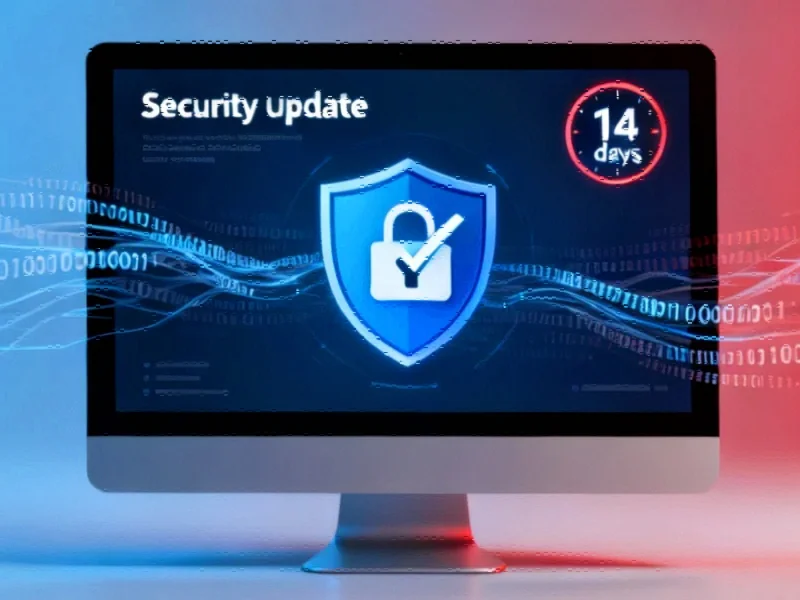According to Infosecurity Magazine, Zscaler’s ThreatLabz 2025 report reveals a massive 67% increase in Android malware over the past year. Between June 2024 and May 2025, researchers analyzed over 20 million mobile requests and found 239 malicious apps that slipped past Google’s security. These apps were downloaded a staggering 42 million times from the official Play Store, with productivity and workflow tools being the most common disguises. The manufacturing and energy sectors were hit hardest, with energy sector attacks surging 387% annually. India, the US, and Canada accounted for most malicious traffic, while IoT threats were dominated by Mirai and Gafgyt malware targeting manufacturing and transportation.
The Trust Problem With Official App Stores
Here’s the thing that should worry every Android user – these weren’t sketchy sideloaded apps from random websites. These were in the official Google Play Store, which means they passed through Google’s supposedly robust security filters. Basically, threat actors are exploiting our trust in the official ecosystem. They’re creating apps that look genuinely useful – productivity tools, workflow helpers, things people actually need for remote work – and then loading them with malware. And it’s working spectacularly well with 42 million downloads. That’s a massive failure in Google’s vetting process, plain and simple.
Why Energy And Manufacturing Are Getting Hammered
The 387% surge in energy sector attacks isn’t random. Think about it – these are critical infrastructure sectors where a successful breach could cause real-world damage. Manufacturing plants, power grids, transportation systems – they’re all increasingly connected and increasingly vulnerable. Attackers are clearly following the money and the impact. A breach in a factory’s mobile management system or an energy company’s IoT devices could lead to production halts, safety issues, or worse. And with remote work still common, employees are using their personal devices to access work systems, creating even more entry points.
What You Can Actually Do About It
So what does this mean for regular users and businesses? First, that “download from official stores only” advice isn’t enough anymore. You need to be skeptical even of Play Store apps with good reviews. Look at developer history, check permissions carefully, and question why a simple tool needs access to everything. For businesses, Zscaler’s Deepen Desai isn’t wrong about Zero Trust – the old “trust but verify” model is completely broken. Every access request should be treated as potentially malicious. But let’s be real – the bigger responsibility lies with Google to fix their detection systems. 239 apps and 42 million downloads is a systemic failure, not just user error.
The Ripple Effects Across Tech
This report should send shivers through the entire mobile ecosystem. Apple will probably use this as ammunition in their ongoing arguments about their walled garden approach being safer. Security companies like Zscaler are obviously positioning their Zero Trust and AI detection solutions as the answer. But the real impact might be on enterprise mobility – companies might start locking down BYOD policies even further or pushing harder toward corporate-managed devices only. And for Google? This is a serious black eye for Android’s security reputation right when they’re trying to compete with Apple in enterprise and premium markets. They’ve got to fix this, and fast.




